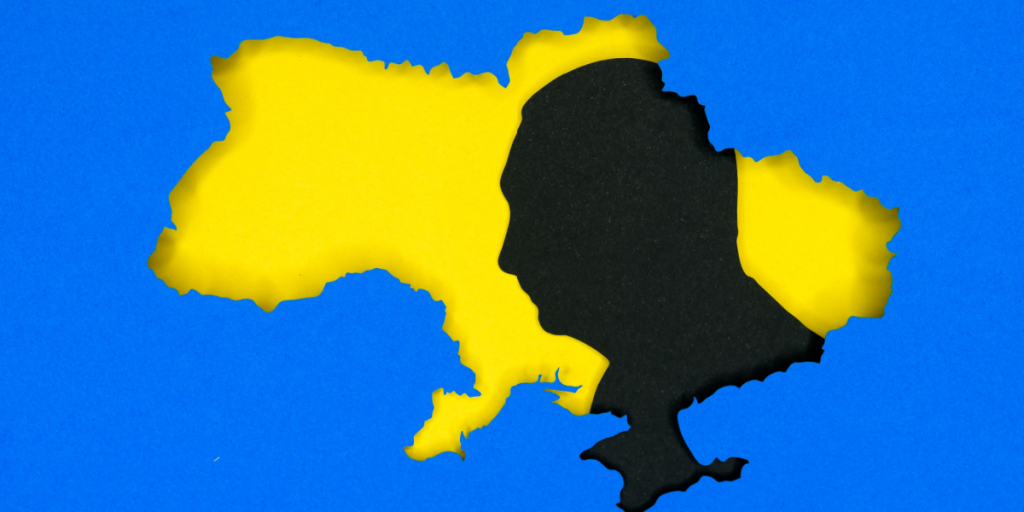Ukrainian President Zelenskyy and the Council of Europe signed an accord, paving the way for a special tribunal for bringing Russian war criminals to justice.
Others are reading now
Ukrainian President Zelenskyy and the Council of Europe signed an accord, paving the way for a special tribunal for bringing Russian war criminals to justice.
What is happening?
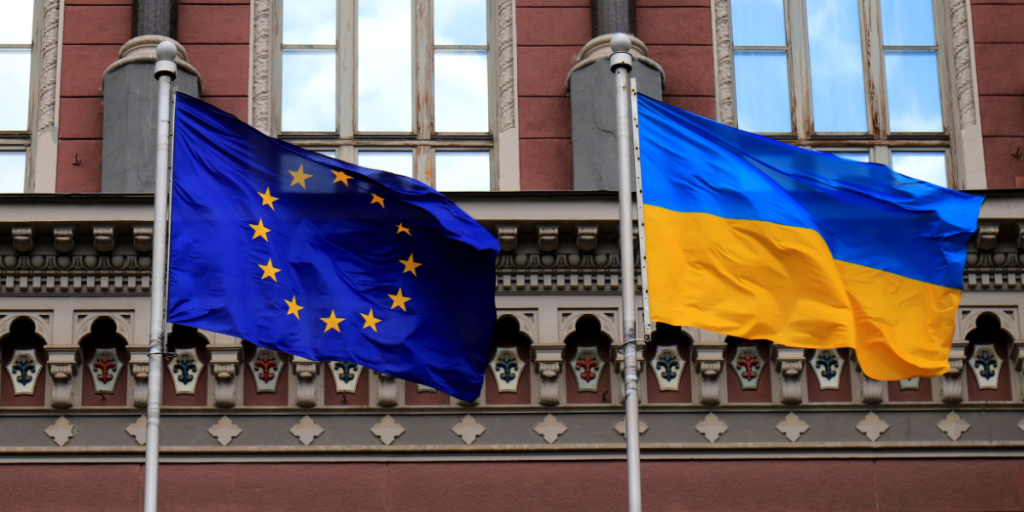
On Thursday, Russia condemned a new agreement signed by Ukrainian President Volodymyr Zelensky and the Council of Europe to establish a special tribunal targeting crimes of aggression in Ukraine.
Moscow Declares Court Decisions “Invalid”
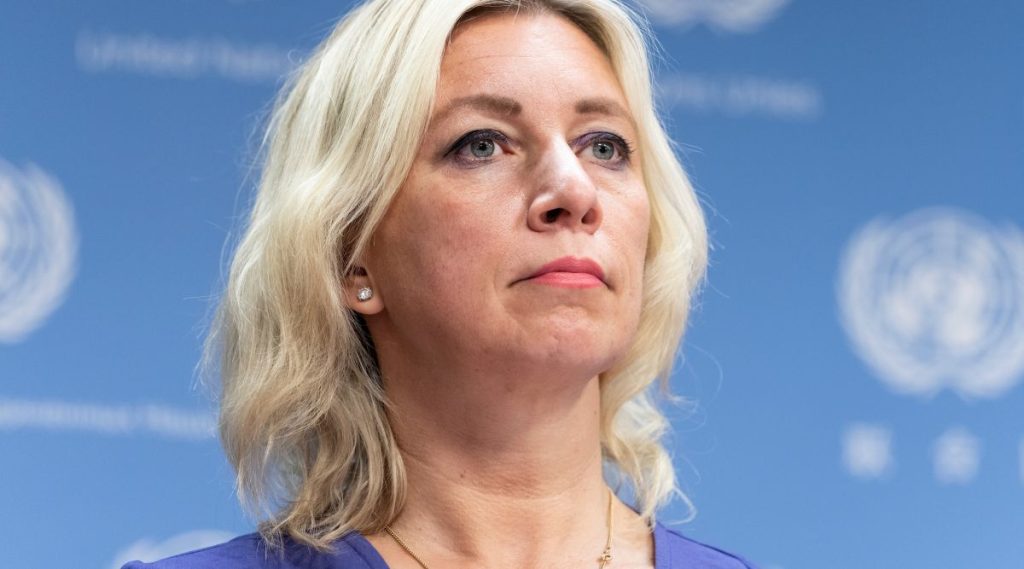
Maria Zakharova, spokesperson for Russia’s Foreign Ministry, criticized the tribunal during a press briefing.
She called it “a so-called special court, but in reality, a parody of justice,” and insisted that any rulings it makes will be considered void by the Kremlin.
Also read
Zelensky Calls for Global Accountability
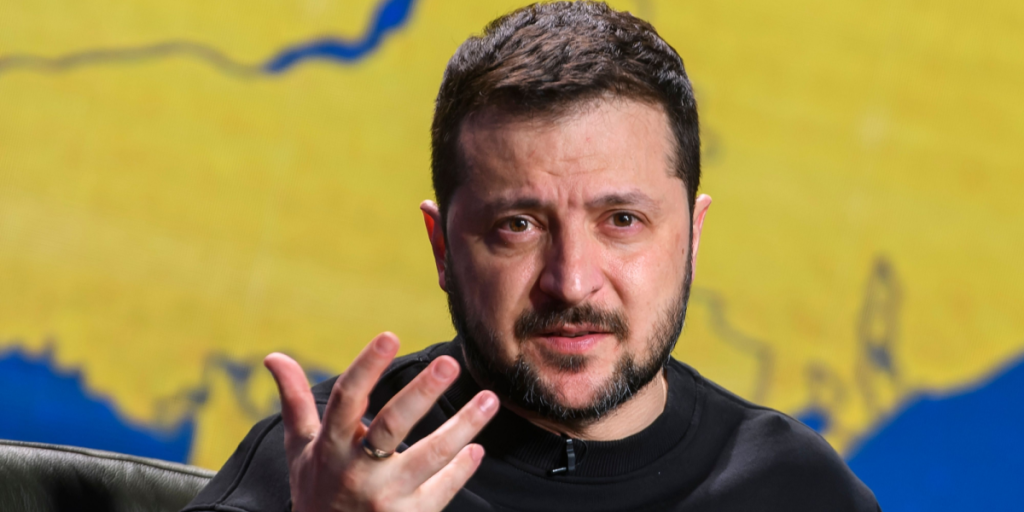
President Zelensky signed the deal on Wednesday, stressing the need to prosecute those responsible for Russia’s invasion of Ukraine.
He emphasized that even Russian President Vladimir Putin should be brought to justice, stating that political and legal courage is essential.
Russia Warns Against International Support
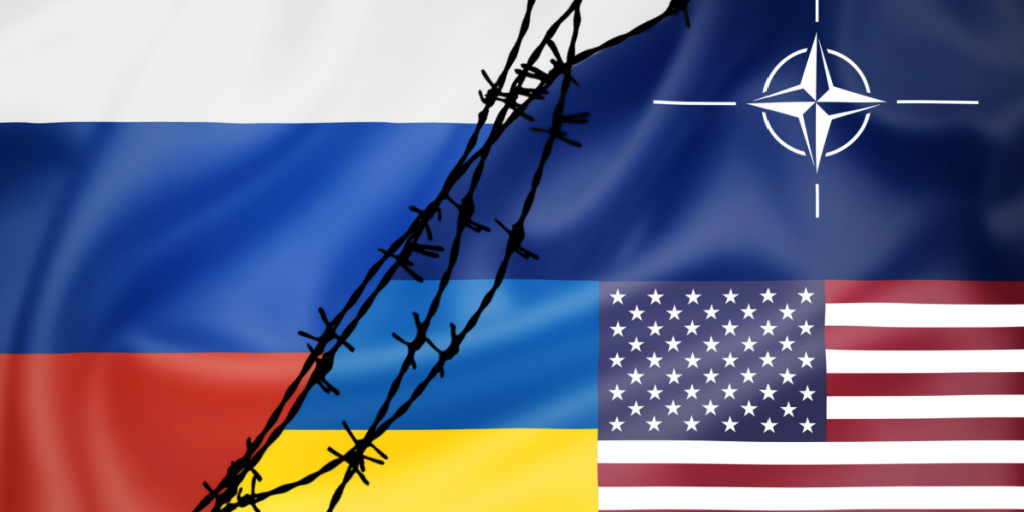
Zakharova warned other countries that joining or supporting the tribunal would be viewed as a hostile act by Russia.
She claimed such actions would escalate tensions rather than contribute to resolving the ongoing conflict.
A First for the Council of Europe
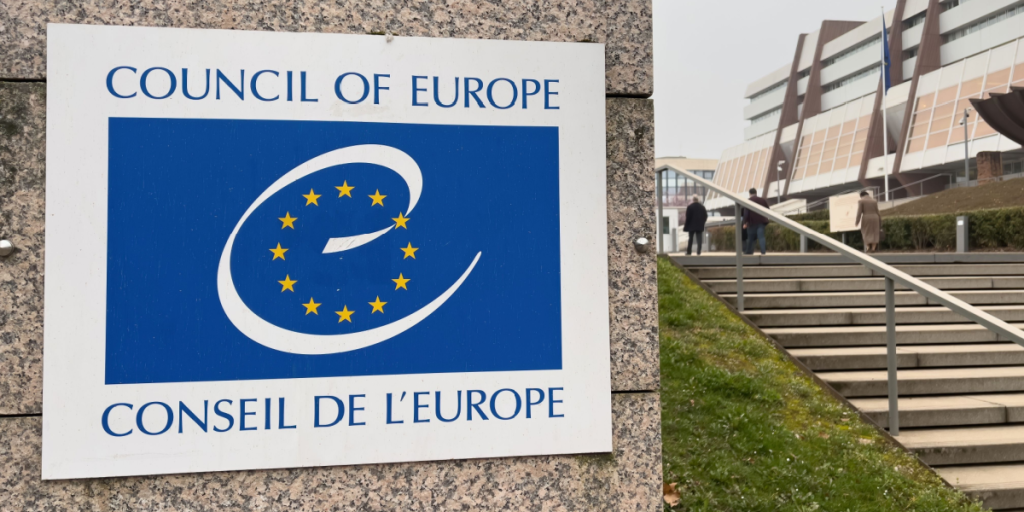
This marks the first time the Council of Europe, a 46-member body dedicated to human rights across the continent, has backed the creation of a special court.
Ukraine remains a member, while Russia was expelled in 2022.
Russia’s Expulsion from the Council
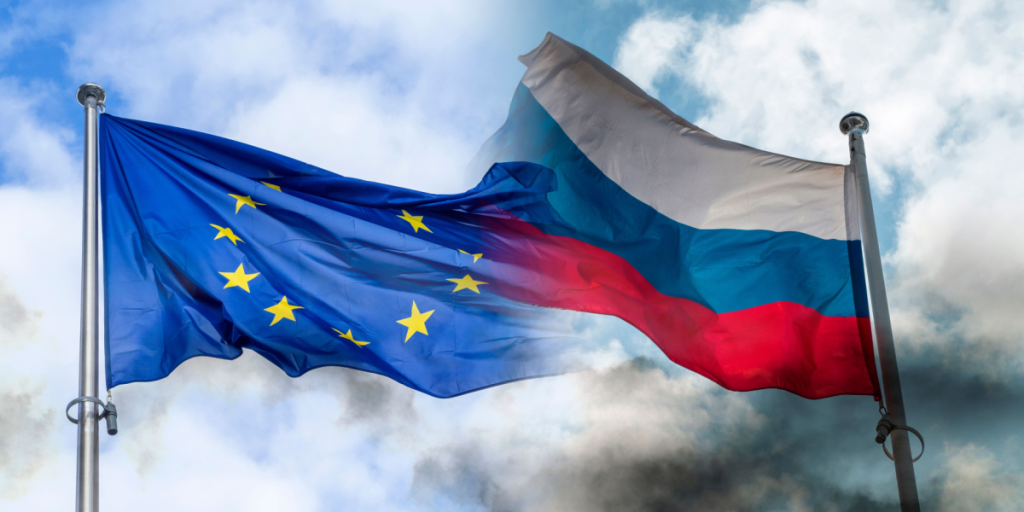
Russia was ousted from the Council of Europe shortly after launching its full-scale invasion of Ukraine in February 2022.
The move followed mounting international condemnation and daily missile attacks on Ukrainian territory.
The Toll of War Continues to Mount
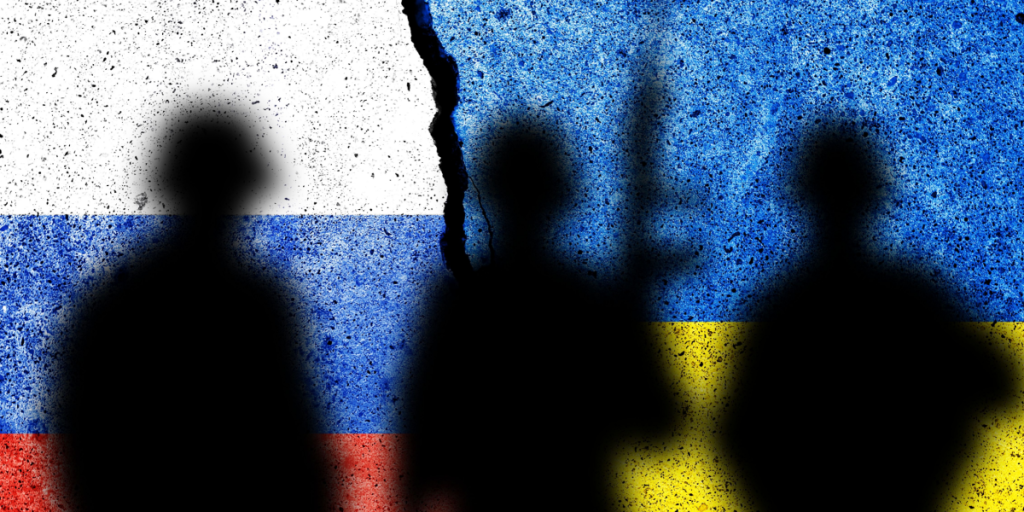
Now in its fourth year, the war has claimed tens of thousands of lives on both sides, including numerous civilian casualties.
The protracted conflict shows little sign of abating.
Historical Precedents for Special Tribunals
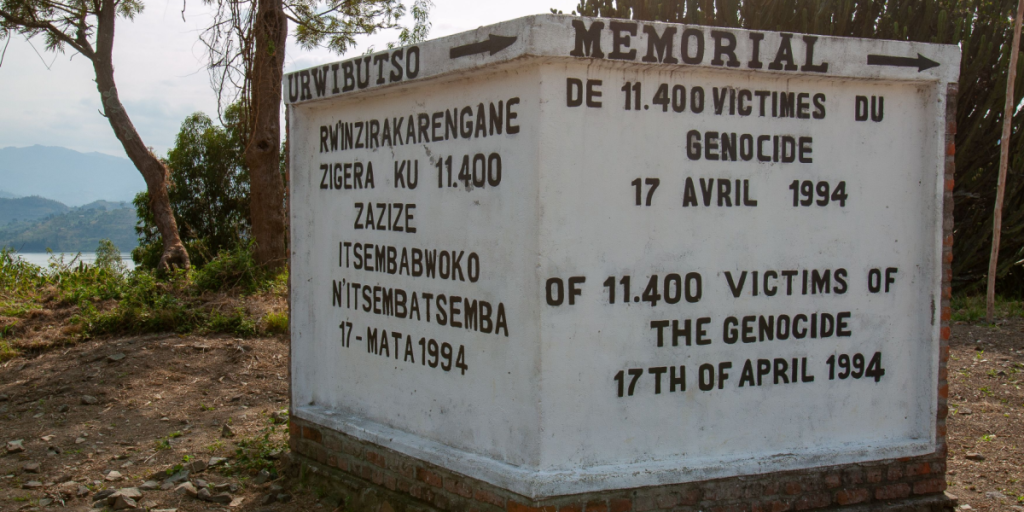
Special courts like the one being proposed have previously been set up for major human rights violations, such as the war crimes in the former Yugoslavia and the 1994 Rwandan genocide.
The Ukraine tribunal would follow a similar model.
Targeting the Crime of Aggression
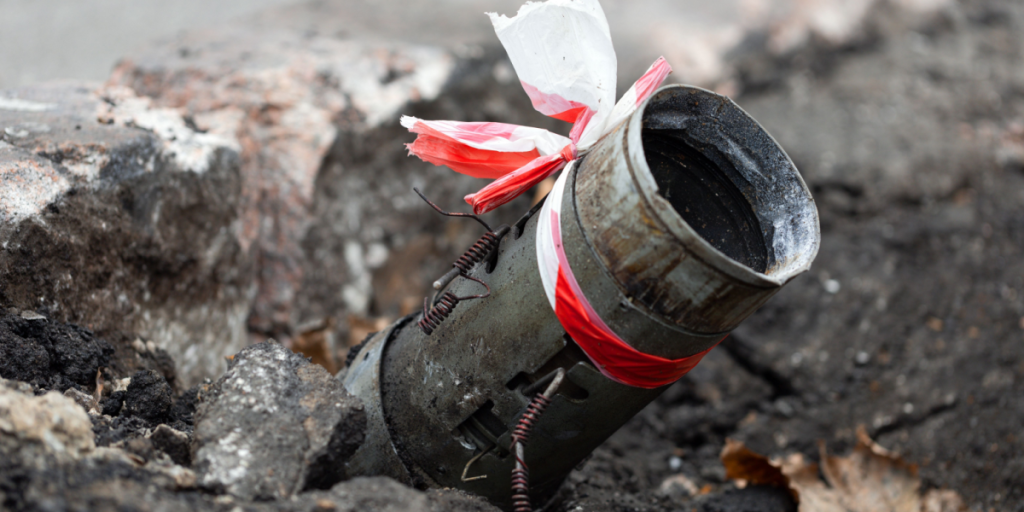
Unlike other war crime courts that address crimes during conflict, this tribunal specifically focuses on the crime of aggression—a legal category concerning the unlawful use of force by one state against another.
International Legal and Political Implications
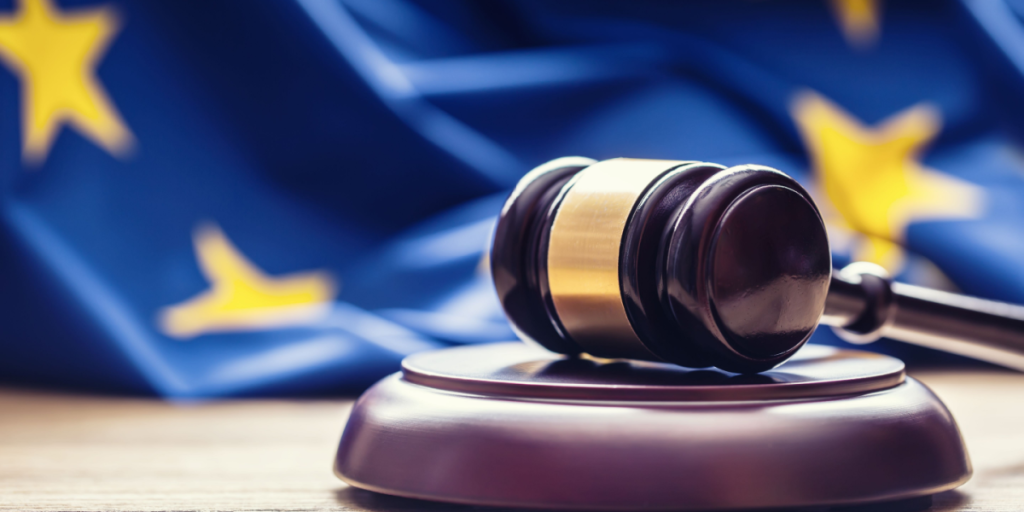
Establishing this tribunal could set a precedent for future international accountability.
However, it also risks deepening geopolitical divisions, especially with Russia’s outright rejection of its legitimacy.
Council of Europe’s Role in Human Rights Oversight
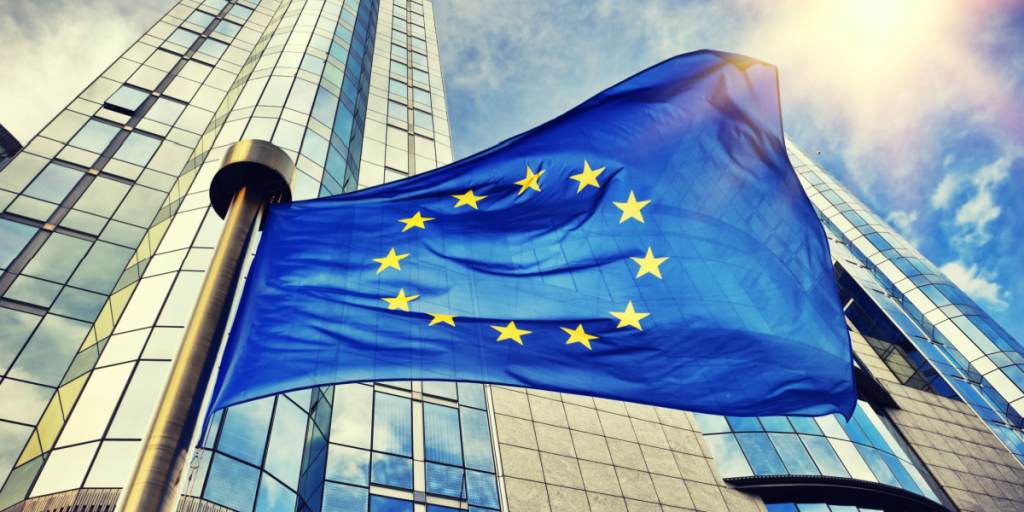
The Council of Europe, often confused with the EU, monitors human rights compliance across its member states.
Its involvement in this tribunal underscores the severity of the situation in Ukraine.
Ukraine’s Push for Global Justice
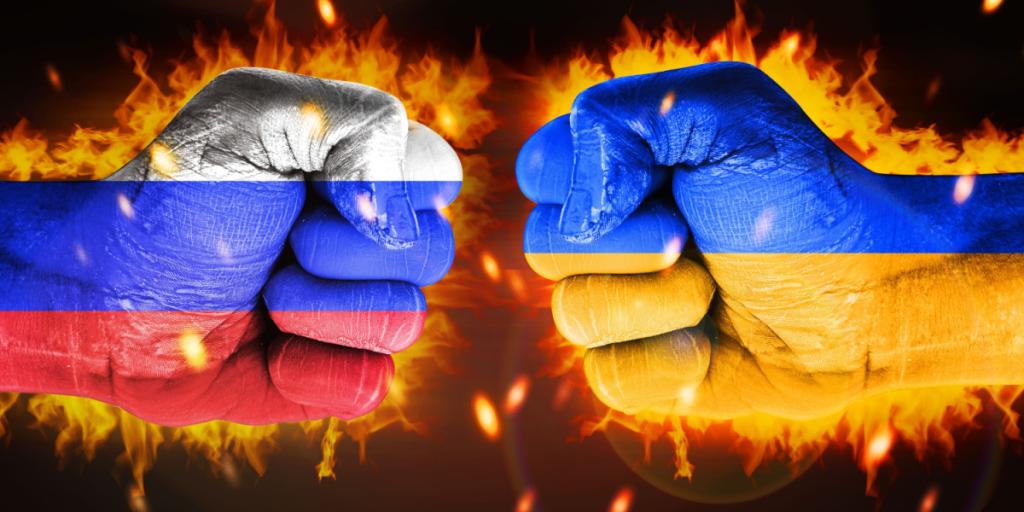
For Kyiv, the court represents a key step in holding Russia accountable on the world stage. It is part of Ukraine’s broader strategy to secure international backing and legal redress for wartime atrocities.
Russia’s Rhetoric: Deflection or Defense?
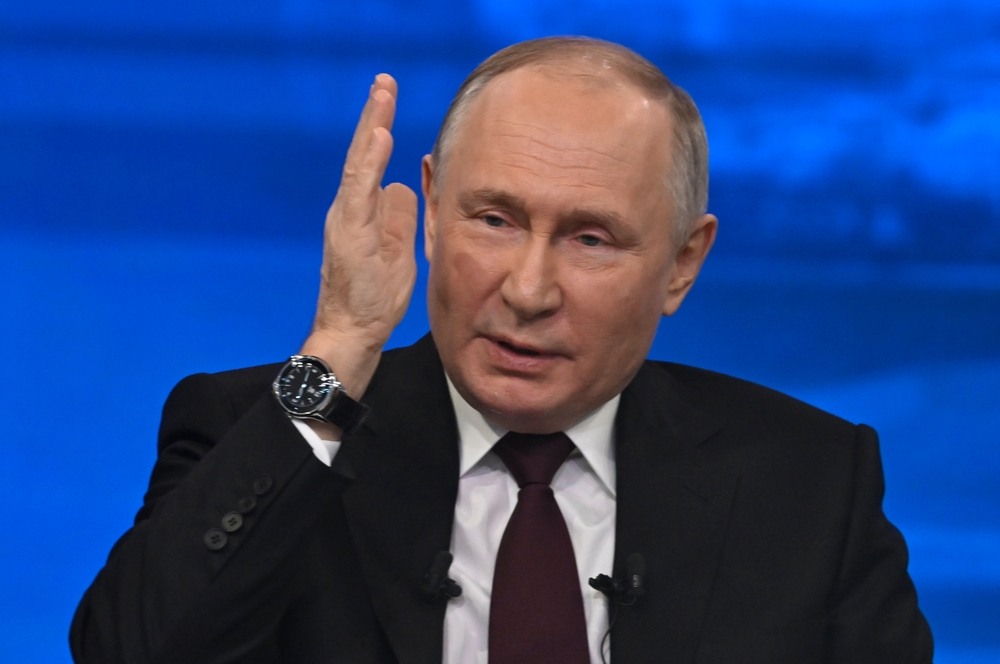
Moscow’s aggressive dismissal of the tribunal has been interpreted by some analysts as an attempt to undermine its credibility before it even begins.
Critics argue this response reflects concern about potential indictments.
A Tribunal Years in the Making

Efforts to create a tribunal for Ukraine have been in the works since early in the conflict, gaining support from various international bodies and legal experts who say traditional courts lack the mandate to try the crime of aggression.

